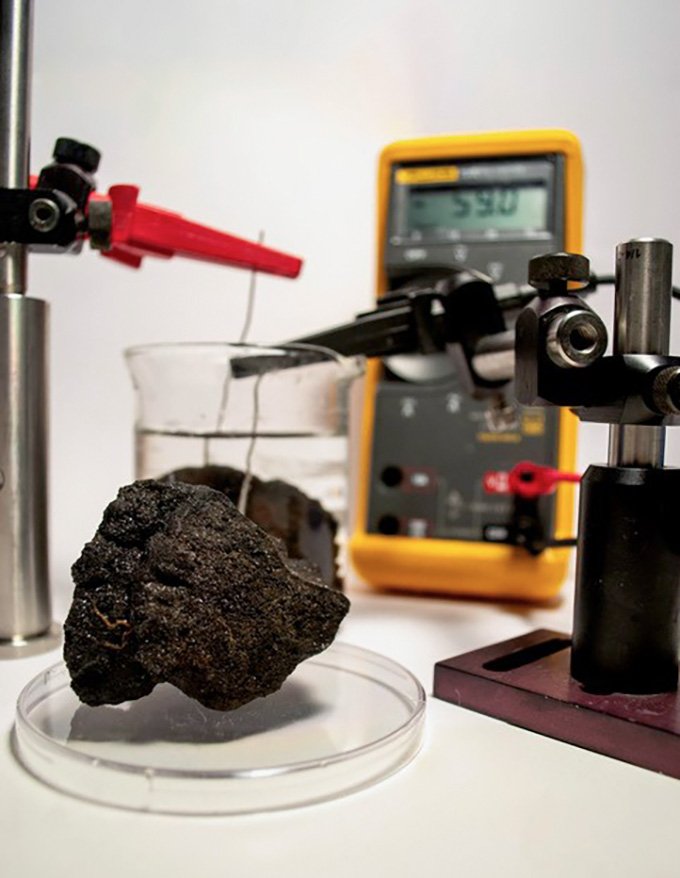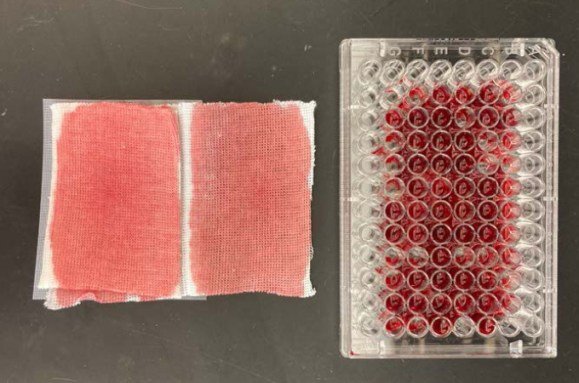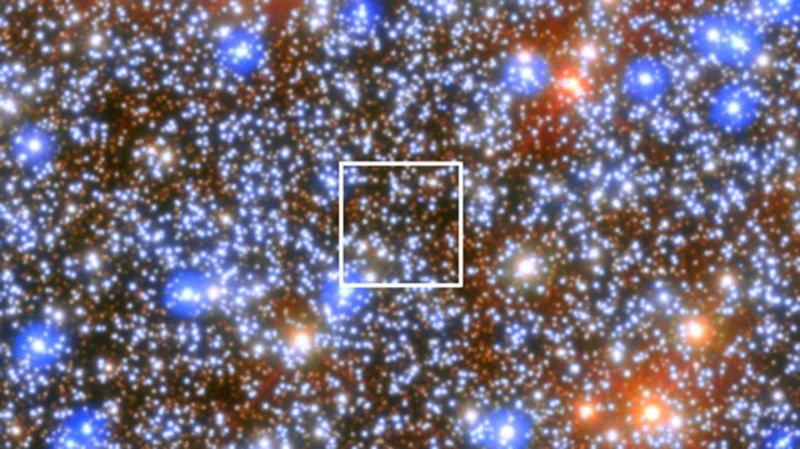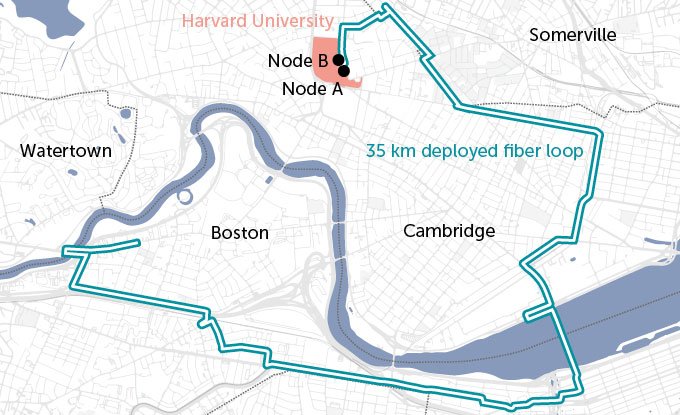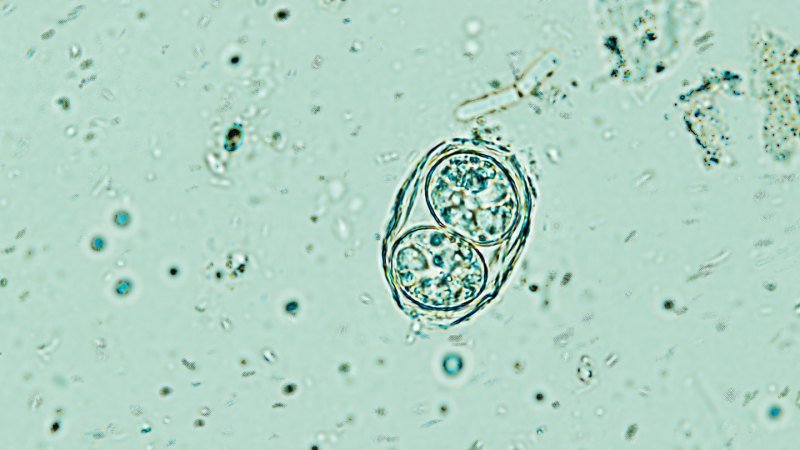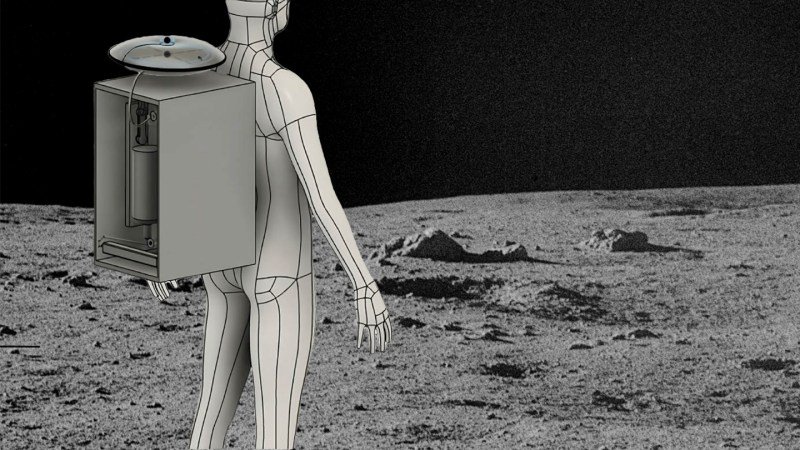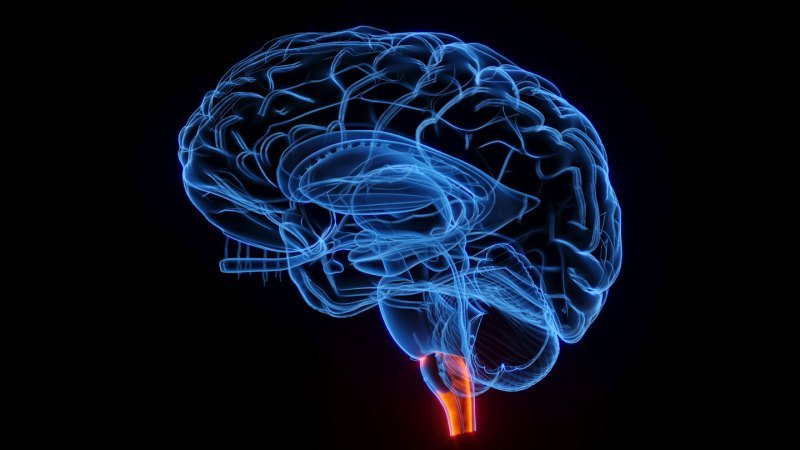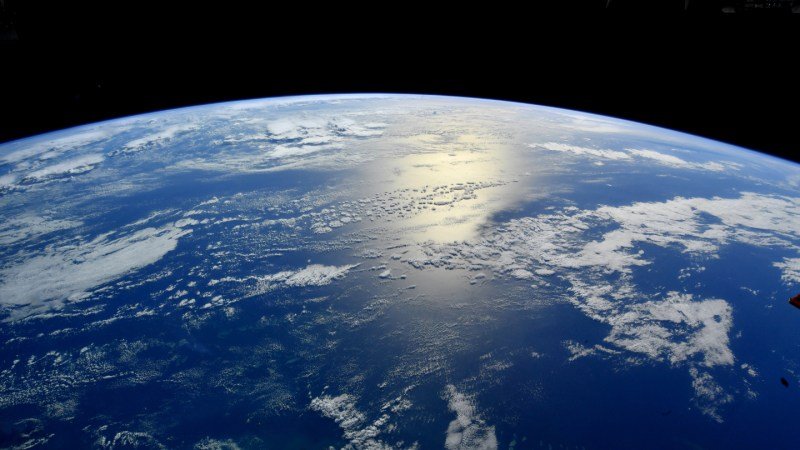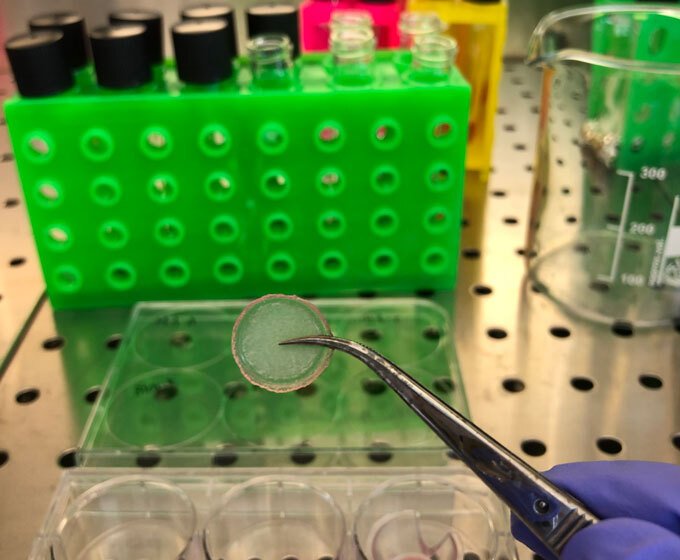In a seafloor surprise, metal-rich chunks may generate deep-sea oxygen
In an unexpected twist, metal-rich nodules found on the seafloor are generating oxygen, new research suggests. This meager but steady supply of the vital gas may help support seafloor ecosystems in areas currently targeted for deep-sea mining, scientists say. Scientists have long presumed that much of the dissolved oxygen in the deep sea was transported … Read more
